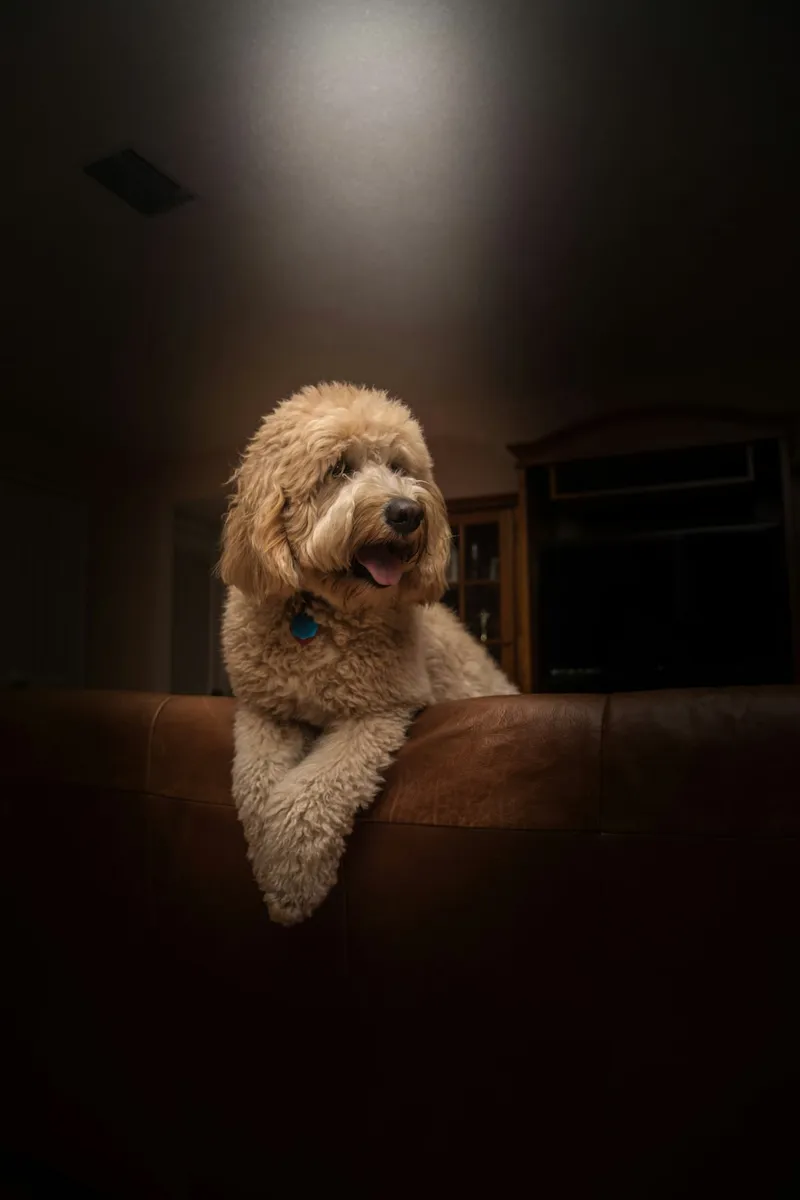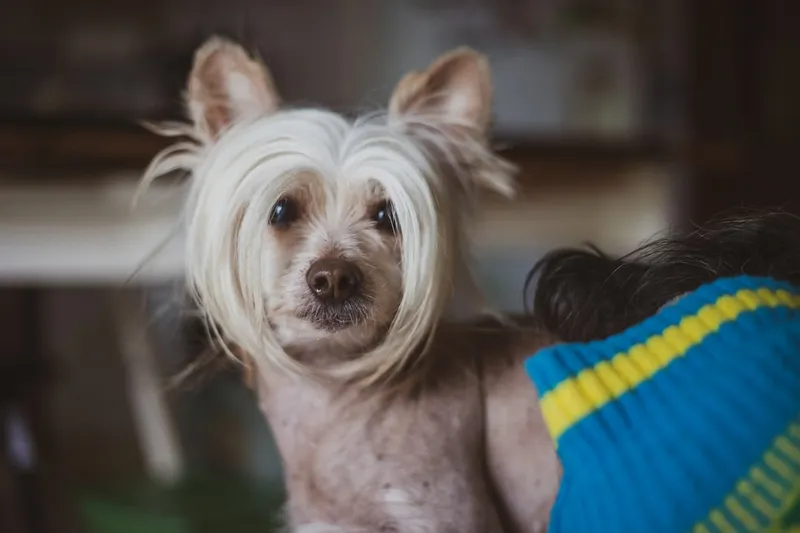The Poodle is one of the most recognized and beloved dog breeds worldwide. Known for its intelligence, curly coat, and affectionate personality, the Poodle adapts perfectly to different lifestyles and environments. In this complete guide, we’ll explore their varieties, essential care, health, grooming cuts, and much more to help you understand why they make an ideal pet.

Breed Traits & Characteristics
History and Origin of the Poodle
The Poodle as a Water Dog
Originally, the Poodle emerged as a water dog in Germany, where it was used to retrieve aquatic prey during hunts. Its German name, “Pudelhund,” refers to this role.
Its Evolution as a Companion Dog
Later, in France, the breed was refined and gained popularity as a companion dog among nobility. Today, the Poodle is considered one of the most elegant and versatile breeds in the canine world.
Types of Poodles: Sizes and Characteristics
The Poodle comes in several size varieties, all sharing the characteristic curly coat and brilliant personality.
Standard or Giant Poodle
- Height: Over 45 cm
- Weight: 20-30 kg
- Ideal for active families and large spaces
Medium Poodle
- Height: Between 35-45 cm
- Weight: 8-18 kg
- Well-balanced size and adaptability, ideal for houses and large apartments
Miniature Poodle
- Height: Between 28-35 cm
- Weight: 5-7 kg
- Very manageable for small spaces and excellent with children
Toy Poodle
- Height: Less than 28 cm
- Weight: 2-4 kg
- Perfect for apartments and elderly people
Physical and Coat Characteristics
Size, Weight and Proportions
Although they vary by variety, all Poodles have a well-proportioned, elegant, and athletic body.
Curly and Hypoallergenic Coat
The Poodle’s coat is its distinctive feature: curly, dense, and with minimal shedding. It’s considered a hypoallergenic dog, ideal for people with allergies.
Behavior, Temperament and Intelligence
Ideal for Families, Elderly People and Children
They are affectionate, loyal, and very sociable. They adapt to almost any family environment thanks to their balanced personality.
Second Most Intelligent Dog According to Stanley Coren
The Poodle ranks second in canine intelligence classification according to psychologist Stanley Coren, standing out for its learning capacity and obedience.
Essential Care for the Poodle

Brushing and Canine Grooming
Daily brushing and visits to the canine groomer every 4-6 weeks are recommended to maintain healthy coat free of tangles.

Exercise and Mental Stimulation
It’s an active breed that needs daily exercise and games that stimulate their sharp intelligence, such as dog agility.
Dental Health
As with all small and medium breeds, it’s essential to care for dental health with regular brushing and veterinary checkups.
Nutrition
A balanced diet, adapted to their size and activity level, is essential to maintain their energy and well-being.
Health and Common Poodle Diseases
Diseases by Poodle Type (toy, miniature, standard)
- Toy and miniature: patellar luxation, dental problems, tracheal collapse
- Standard: hip dysplasia, gastric torsion
Ophthalmological and Skin Diseases
They can develop cataracts, progressive retinal atrophy, or skin problems like allergic dermatitis or skin infections.
Prevention and Veterinary Checkups
Biannual veterinary visits, genetic testing if breeding, and following vaccination and deworming schedules are recommended.
Longevity and Life Expectancy
Average Lifespan by Variety
- Toy and miniature: 14-18 years
- Medium: 13-16 years
- Standard: 12-15 years
Factors Influencing a Longer Life
Genetics, nutrition, veterinary care, and a stable, loving environment extend the Poodle’s life.
Poodles in Contests and Exhibitions
Cuts Allowed by Standards (Continental, Puppy Clip, Sporting)
The Poodle frequently participates in beauty contests. There are several standard cuts like the continental clip or puppy clip, defined by canine federations.
Participation in Agility and Obedience
Thanks to their intelligence and energy, the Poodle excels in agility, obedience, and canine freestyle competitions.
Is the Poodle the Ideal Pet for You?
Ideal Owner Requirements
Ideal for active people with time and willingness for a dog that requires socialization, exercise, and frequent aesthetic care.
Advantages and Considerations
Advantages: intelligent, affectionate, adaptable, generally good health.
To consider: needs professional grooming, daily stimulation, and performs better in structured environments.